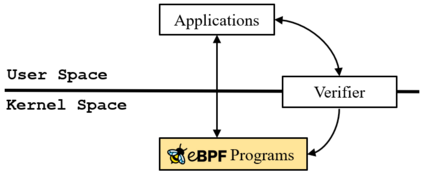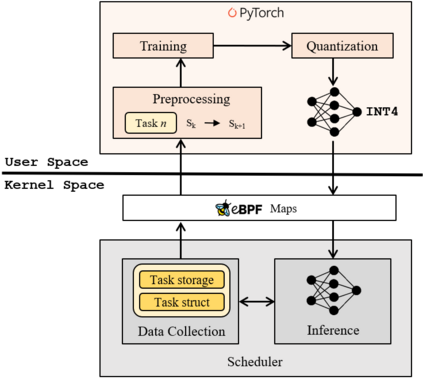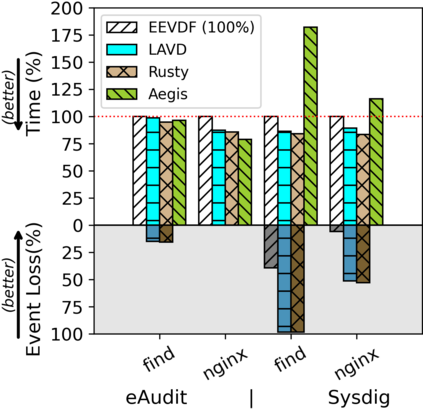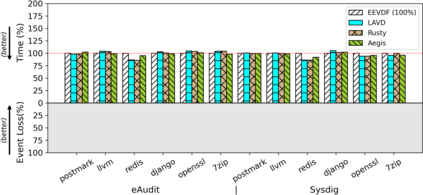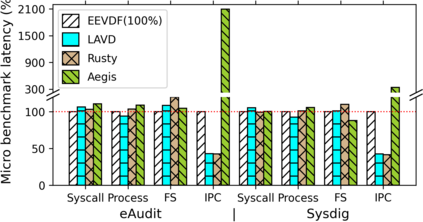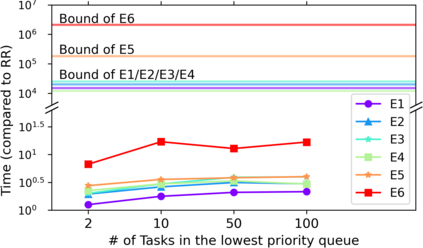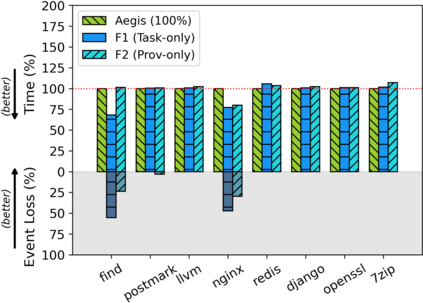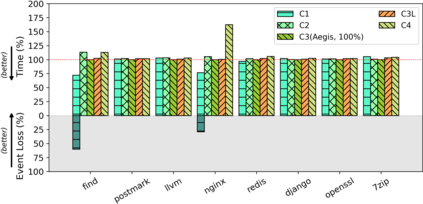Provenance plays a critical role in maintaining traceability of a system's actions for root cause analysis of security threats and impacts. Provenance collection is often incorporated into the reference monitor of systems to ensure that an audit trail exists of all events, that events are completely captured, and that logging of such events cannot be bypassed. However, recent research has questioned whether existing state-of-the-art provenance collection systems fail to ensure the security guarantees of a true reference monitor due to the 'super producer threat' in which provenance generation can overload a system to force the system to drop security-relevant events and allow an attacker to hide their actions. One approach towards solving this threat is to enforce resource isolation, but that does not fully solve the problems resulting from hardware dependencies and performance limitations. In this paper, we show how an operating system's kernel scheduler can mitigate this threat, and we introduce Venus, a learned scheduler for Linux specifically designed for provenance. Unlike conventional schedulers that ignore provenance completeness requirements, Venus leverages reinforcement learning to learn provenance task behavior and to dynamically optimize resource allocation. We evaluate Venus's efficacy and show that Venus significantly improves both the completeness and efficiency of provenance collection systems compared to traditional scheduling, while maintaining reasonable overheads and even improving overall runtime in certain cases compared to the default Linux scheduler.
翻译:暂无翻译





